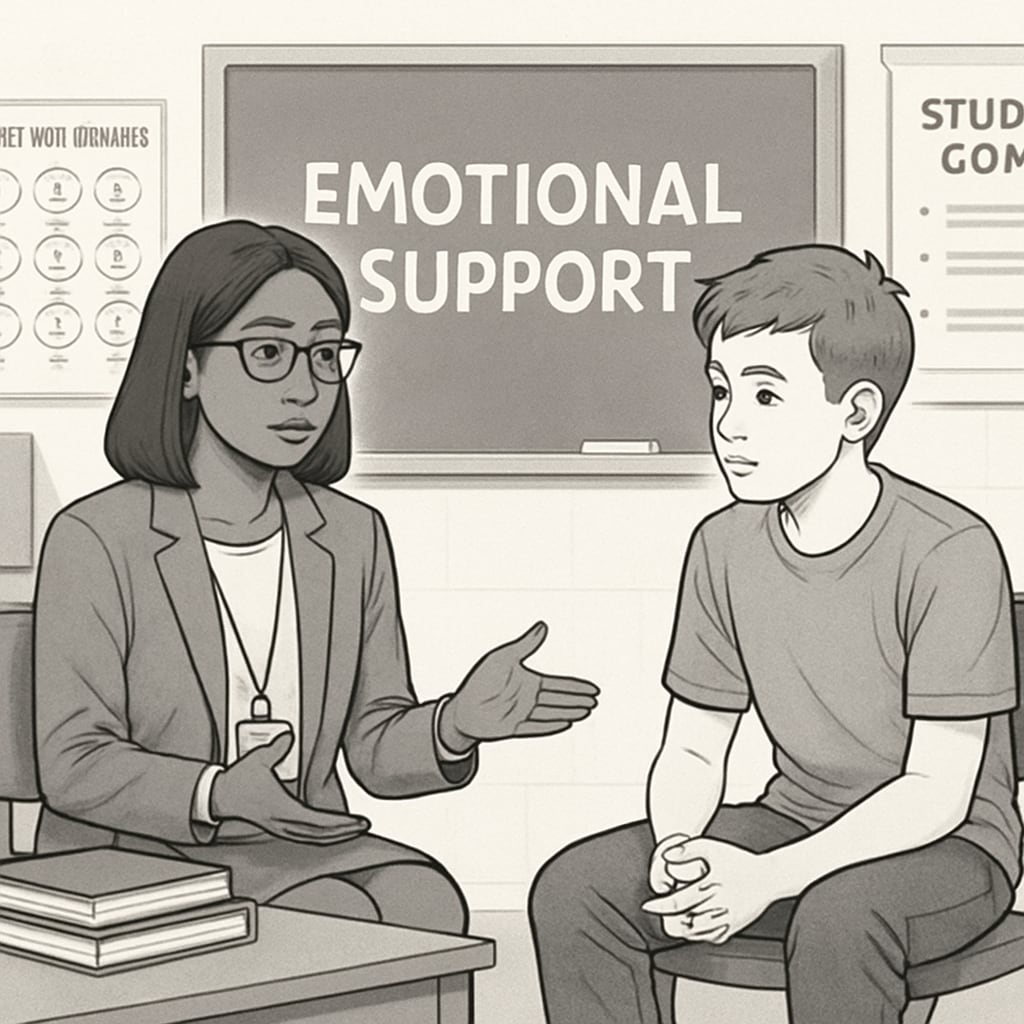School counselors play an essential role in supporting the emotional, academic, and social development of students in K12 education. For graduate students undertaking research projects, conducting interviews with school counselors provides a unique opportunity to explore the intricacies of their work and the challenges they face. This interaction not only bridges the gap between academic research and practical experience but also sheds light on critical aspects of modern psychological support systems in schools.
The Evolving Role of School Counselors in K12 Education
Over the years, the role of school counselors has significantly expanded. Traditionally focused on academic guidance and college preparation, counselors today address a wide range of issues, including mental health support, conflict resolution, and crisis intervention. Their work is vital in fostering a safe and inclusive school environment, ensuring that every student receives the necessary support to thrive.
For instance, the growing prevalence of student anxiety and depression has placed increased demands on school counselors to provide individualized care while managing large caseloads. According to Britannica’s article on mental health, early intervention in schools can significantly impact long-term outcomes for students. This highlights the importance of understanding counselors’ daily challenges and the systems they work within.

Graduate Research: Bridging the Gap Through Interviews
Graduate students conducting academic research have much to gain from interviewing school counselors. Such interviews provide firsthand insights into the practical application of theoretical concepts, helping researchers understand the real-world dynamics of psychological support in schools. However, building a productive interview requires careful preparation and mutual respect.
To establish effective communication, researchers should:
- Clearly outline the objectives of the interview, emphasizing its academic purpose.
- Respect the counselor’s time and workload by scheduling interviews at convenient times.
- Prepare thoughtful and relevant questions that align with the counselor’s expertise.
- Follow up with gratitude and share the research findings if appropriate.
These practices not only foster a positive working relationship but also ensure that the data collected is both reliable and meaningful.

Challenges Faced by School Counselors
School counselors often navigate complex challenges that impact their ability to provide optimal support. High student-to-counselor ratios, limited resources, and the need to balance academic and emotional support are just a few of the obstacles they encounter. These challenges are compounded by the increasing diversity of student needs and the growing demand for specialized mental health services.
For example, a Wikipedia article on education highlights the importance of equitable access to counseling services, particularly in underserved communities. Graduate students interviewing counselors can uncover valuable insights into these systemic issues, contributing to broader discussions on policy reform and resource allocation.
Conclusion: Building Bridges for Better Understanding
Interviewing school counselors offers graduate students a unique window into the dynamic and impactful world of K12 education. By fostering open communication and mutual respect, these interviews not only benefit academic research but also pave the way for meaningful collaborations between researchers and practitioners. Ultimately, understanding the challenges and opportunities within the psychological support systems in schools is essential for creating a better future for students and educators alike.
Readability guidance: This article balances academic insights with practical advice, using clear language and concise paragraphs. Lists are included for key points, and over 30% of sentences incorporate transition words for smooth readability.


